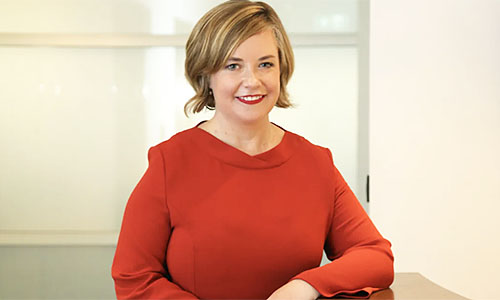Britain’s workers have experienced strong pay increases for the third month in a row. Figures on the jobs market, just released by the Office for National Statistics (ONS), reveal that pay rose 6 per cent in the final three months of 2024 – the fastest pace of pay growth in over a year. Strip out inflation, and the average worker saw a 2.5 per cent pay increase – the highest real terms pay rise for three years.
While more money in pockets is obviously good news for the workforce, these figures will be ringing alarm bells at the Bank of England. The Bank’s interest rate setters see pay increases as an important indicator for inflation and give the jobs market figures great weight when deciding whether to pause rate cuts. They’ve said that they need to see average wage rises fall to between 2 and 3 per cent if inflation is to return to the 2 per cent target.
Meanwhile, the unemployment rate remained flat at 4.4 per cent and – against the expectation of economists – those on payrolls jumped by 106,000 compared to a year ago. However, job vacancies fell for the 31st consecutive period to 819,000, which is just above pre-lockdown levels.
The most positive finding from this morning’s figures is that those not in work or looking for it either – the so-called economically inactive – fell by 42,000 on the quarter and by 126,000 on a year ago. The decrease was driven by students moving into work but also by a welcome fall in those out of work due to long term sickness. That number peaked in 2023 at over 2.8 million and has been coming down at a snail’s pace ever since. It would need to come down significantly for it to have a meaningful impact on Britain’s economy, but the news that it continued to fall in the latest’ months figures is certainly welcome.
This week brings a host of important economic figures, with the ONS due to release January’s inflation numbers tomorrow morning. According to Bloomberg, the figures are likely to show prices rising at their fastest pace for 10 months. Economists are expecting to see inflation head up again to 2.8 per cent. The inflation increase – if it comes to pass – will have been caused by VAT on private school fees, and factors that had reduced prices in previous months, such as unseasonally low airfares, coming out of the basket of goods that statisticians use to measure inflation.
Today’s news comes on the back of depressing forecasts from the Bank which expect higher energy prices to push inflation to a peak of 3.7 per cent this year. If inflation does start to creep up it is highly unlikely that we’ll see any more interest rate cuts from the bank’s monetary policy committee. This will be a blow to mortgage holders. What’s more, if growth continues to be as lackluster as the 0.1 per cent that the ONS revealed for the final three months of 2024 it won’t be long before the word ‘stagflation’ returns to everybody’s lips.








